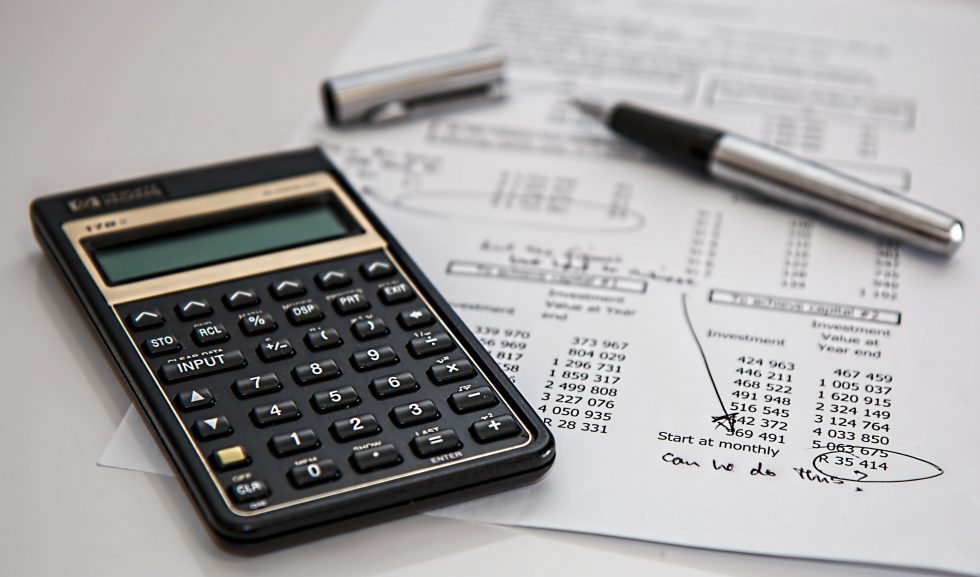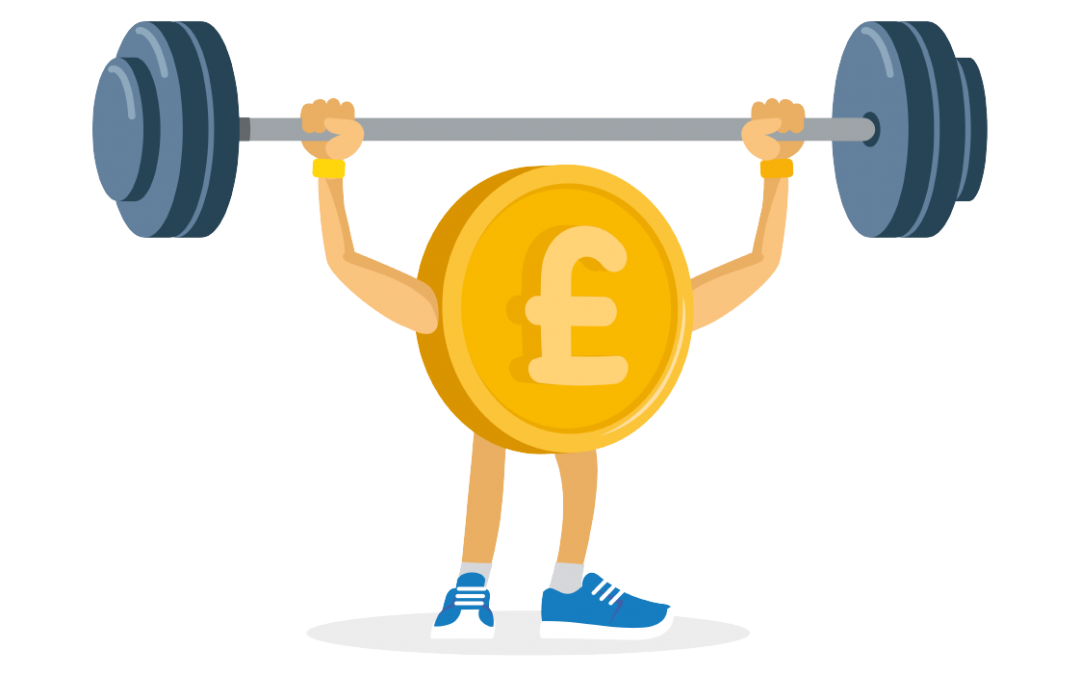09 July 2021
Financial Jargon Busted
Account
This is provided by a bank or building society which holds money for you. A current account is an everyday account which allows money to be paid in or taken out. A basic bank account is a special sort of current account which doesn’t usually allow you to overdraw. A deposit account is for your savings.
APR – Annual Percentage Rate.
This tells you the overall cost of borrowing, taking into account the interest you pay, any other charges, and when the payments fall due. You can use the APR to compare the cost of one loan with another, the higher the APR the higher the cost of the loan.
Arrears
Money owed that has not been paid by the date it is due.
Assets
Things that are owned such as cars, property and money.
Balance
This is the amount of money you have in your account at any particular time or which you owe on your credit or store card. It will be shown on your statement.
BACS
Bankers Automated Clearing Services – BACS is a common way to transfer money from one bank account to another in the UK. This is the method Metro Moneywise Credit Union uses to transfer money to our members.
Bounced Cheque
When a cheque cannot be paid because there isn’t enough money in the customer’s account.
Budget
A personal money plan which helps an individual to manage their income and expenditure. It is usually for a period of a month or a year, but can be for longer. Businesses and governments also use budgets.
CCJ
This stands for County Court Judgment. This is an order made by a judge for an outstanding debt which can affect your credit rating.
Credit
If your account is in credit, it means that you have money available to spend. If you obtain goods or services on credit, it means that someone, for example, a bank or credit institution, has given you the money to buy something. You must pay the money back, usually with interest.
Credit Card
A plastic card issued by a bank or building society which allows you to buy things and pay for them later. Your credit card issuer gives you a limit that you can spend up to on that account. You must pay back at least a minimum amount each month and usually interest will be charged if you do not pay off the full amount borrowed.
Credit Limit
The maximum amount allowed to be used on a credit card.
Credit Union
Credit Unions were created to help members to save and have access to affordable loans from the savings the members have pooled together. This offers an ethical way to save and borrow and it is people helping people. Surplus profits made from the loan book are then shared amongst all the members by way of an annual dividend. Credit Unions are not for profit. All savings are 100% guaranteed by the Financial Services Compensation Scheme.
Creditor
A person or business money is owed to.
Credit Search
If you apply for credit/loan it is highly likely that the company will carry out a credit search on you. This will help them to decide whether to offer you a loan or not. A credit search tells a lender how much credit you already have and how consistent you have been in making repayments and will help them understand your financial behaviour.
Current Account
A bank account which allows a customer to deposit money and withdraw money, by cash, cheque, standing order or direct debit.
Debit
Money owed to another person or business. A person who owes money to others is known as a debtor.
Default
This is failure to meet the financial obligations as agreed. People who do not make payments on a loan have ‘defaulted’ on that agreement.
Dividend
This is the equal division of surplus profits to an organisations shareholders.
Direct Debit
This is an instruction to your bank to release money automatically from your bank account to pay a regular bill. This is useful for frequent bills which are for different amounts each time, for example, telephone bills. You arrange this with your supplier and give them your bank details.
Debt Management Plan (DMP)
A DMP is an informal agreement between a debtor and a creditor whereby they come to an agreement in relation to repaying outstanding debt. You usually repay an amount every month which is then divided between all your creditors (companies who you own money to). Some creditors may freeze or reduce the interest rates, the DMP will continue until all the debts are paid back in full.
Debt Relief Order (DRO)
This is a way to deal with your debts if you:
Owe £30,000 or less
Don’t own your own home
Don’t have any other assets of things of value
Don’t have much spare income
You don’t have to make payments towards most types of debt included in your DRO and your creditors can’t force you to pay off the debts. A DRO usually lasts a year unless your situation improves. When the DRO ends, most of your debts will be written off.
You will need to speak to a specialist DRO adviser who will help you fill in an application to the official receiver. The adviser cant charge you for their time but there’s a £90 fee to make a DRO application.
Financial Serviced Compensation Scheme (FSCS)
The FSCS protects you when a financial firms fail. If the firm you have savings with has gone out of business and can’t pay you back your savings, the FSCS steps in to pay you back your savings up to a maximum of £85,000.
Fixed Interest Rate
This is a rate that stays the same for a defined period during a loan.
Gross Income
The full amount of money earned before any deductions such as tax.
Hire Purchase Agreement (HP)
A form of credit agreement which allows you to pay for goods in instalments. Cars are often bought this way. You will not own the car until all the instalments have been paid. If you don’t make the payments as agreed, the car might be taken away from you (repossessed) and sold. You can’t sell the car without the permission of the lender until you have paid for it.
Income Tax
A tax on personal income. Usually deducted directly from your wages or salary.
Interest
This is the reward you get for keeping your money in, for example, a bank or building society. Rates vary so you should shop around for the best deals. Also the cost you pay when you borrow money through a loan or credit agreement.
Interest Rate
This is the percentage that is paid on savings or loans. A savings account that was offering 4% would give you a better return than one which was offering 2%. Similarly borrowing money at 29% is going to cost you more than borrowing at 18%.
Individual Voluntary Arrangement (IVA)
An IVA is a formal and legally binding agreement between you and your creditors to pay back your debts over a period of time. This means it’s approved by the court and your creditors have to stick to it. An IVA can be flexible to suit your needs but it can be expensive and there are risks to consider.
Loan
An agreement between a lender and a borrower. The borrower agrees to repay the money borrowed over a period of time – normally with interest
Minimum Repayment
The smallest amount you can pay towards money you owe on a credit card. It is stated on your monthly statement.
Net Income
The amount of income after all deductions (for example, tax and National Insurance). Also called ‘take-home pay’.
Online Banking
A service which allows you to operate a bank account over the internet.
Overdraft – Arranged
An agreement with your bank which allows you to spend more money from your account than you have in it. You may be charged interest and fees to use this facility.
Overdrawn – Unarranged
If more money is withdrawn from your account than you have in it, you will be overdrawn. If you go overdrawn without asking the bank in advance, they might refuse to pay your cheques and charge you fees and a high interest rate on the money that you owe them.
Personal Identification Number (PIN)
A secret number, which you use with your bank card. You must type this in to use the card. This ensures that no one else can use your card. You must always keep this number safe and not disclose it to anyone.
Savings Account
A financial product to keep savings secure within a bank, building society or in a credit union. The amount you put in does not fall in value but may grow as interest is added.
Secured Loan
This is money borrowed from a lender, using your property or other asset as a guarantee of repayment. If the amount is not paid in full, the lender may take the property back (repossess it) and sell it.
Standing Order
A method of paying regular amounts from your bank account automatically. You instruct your bank to pay the money for you to a particular person or company. It is your responsibility to change the payment if it needs to be altered.
Statement
A document from the bank, building society or mobile phone provider, which shows all your recent payments into, and withdrawals from your account. You should check it against your own records.
Store Card
A plastic card issued by a shop that lets you buy goods at that store on credit. You must either pay the full amount, or something back each month.
Unsecured Loan
This is money borrowed from, for example, a bank, which is not secured against your home. The lender may take court action against you for payment if you don’t pay the money back as agreed.
Utilities
Services such as gas, electricity and phone.
Withdrawal
What you are doing when you take money out of your account.







